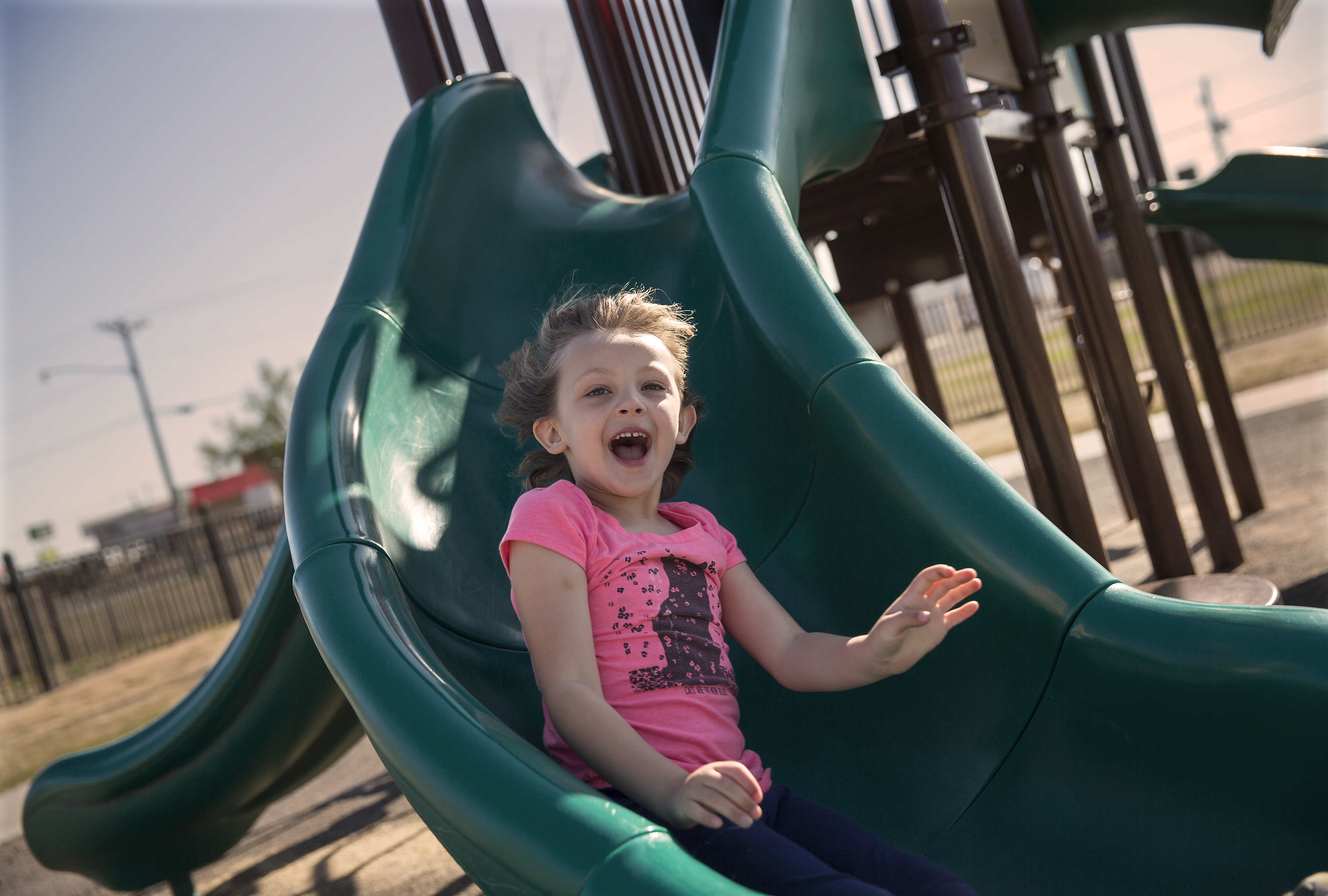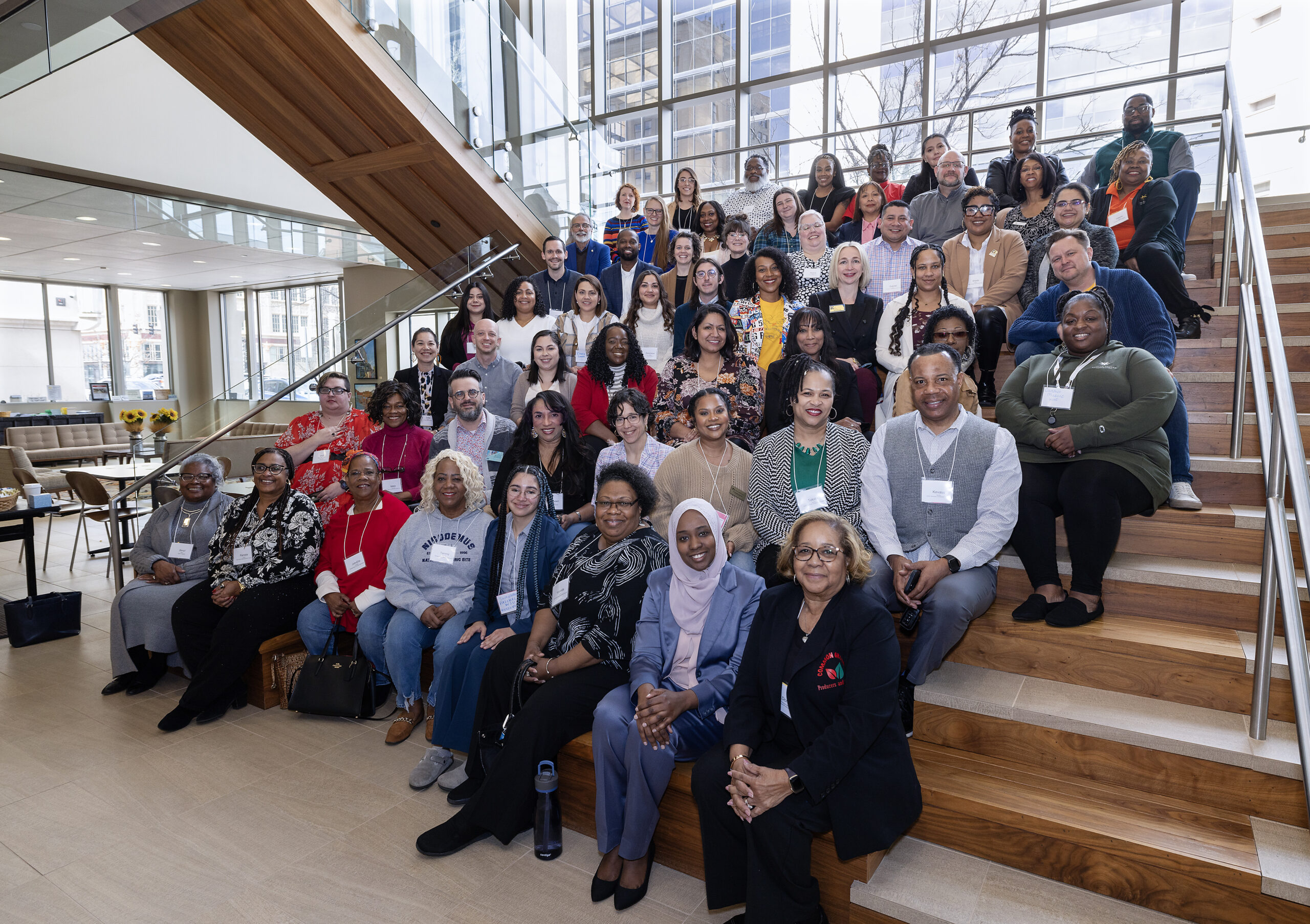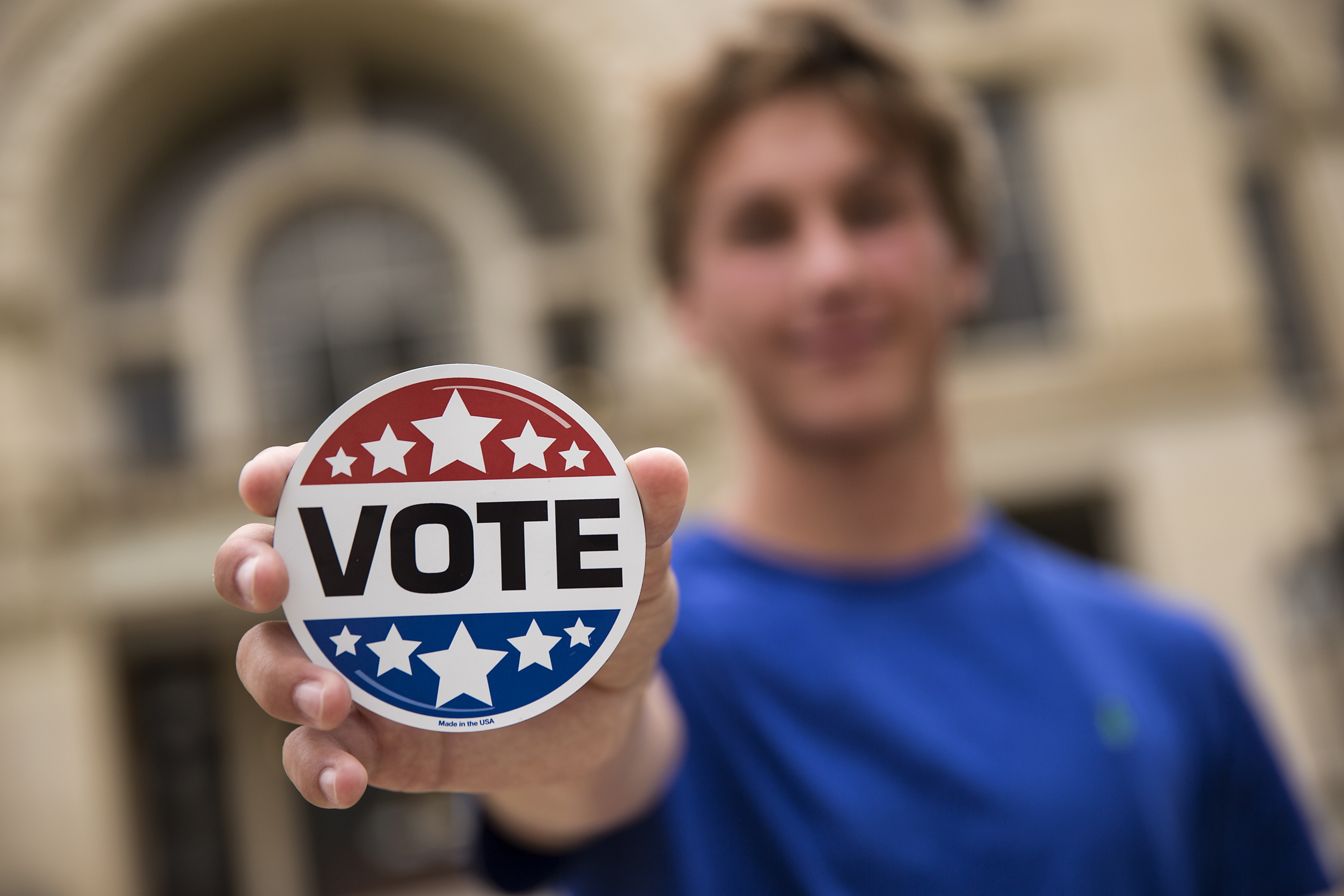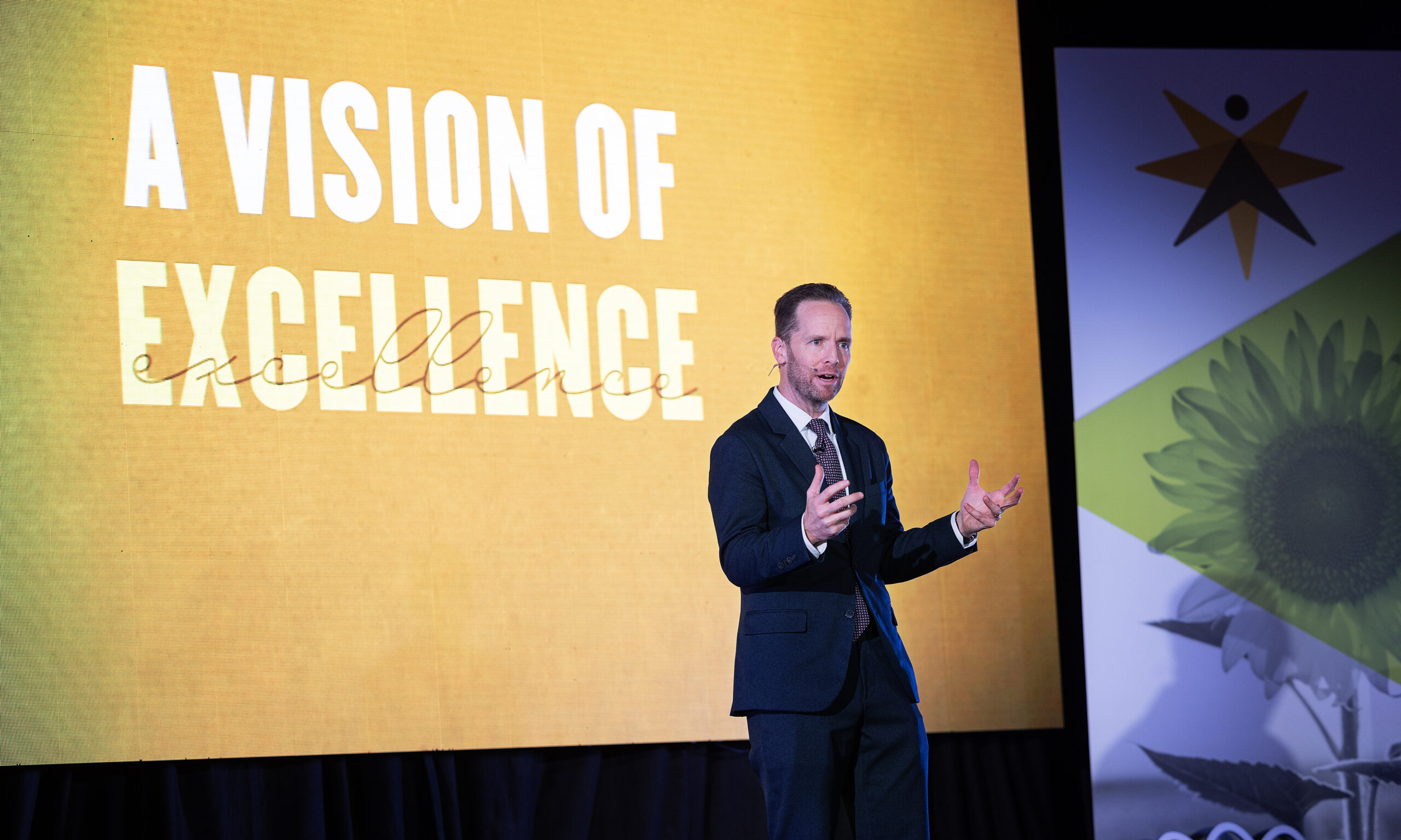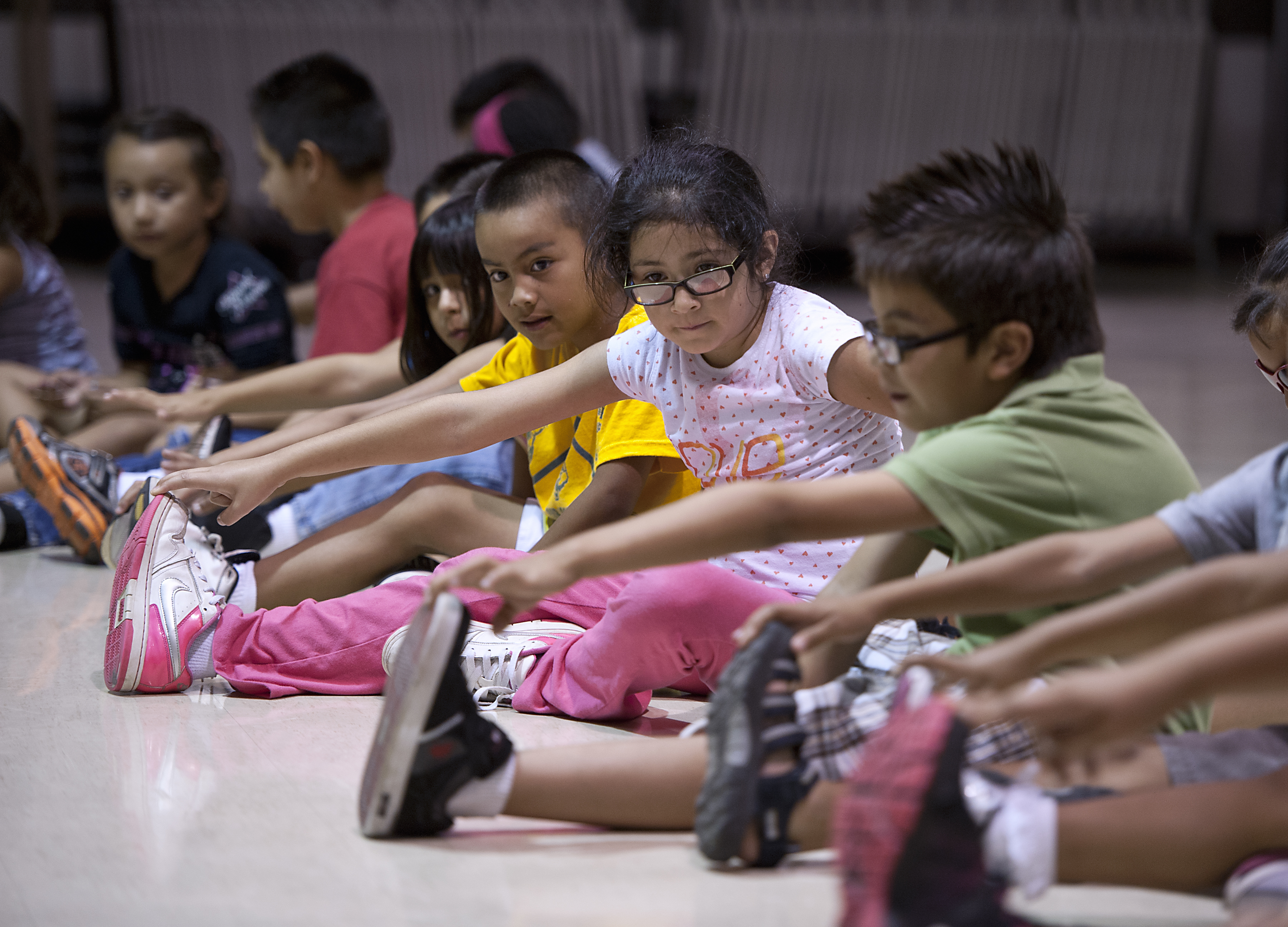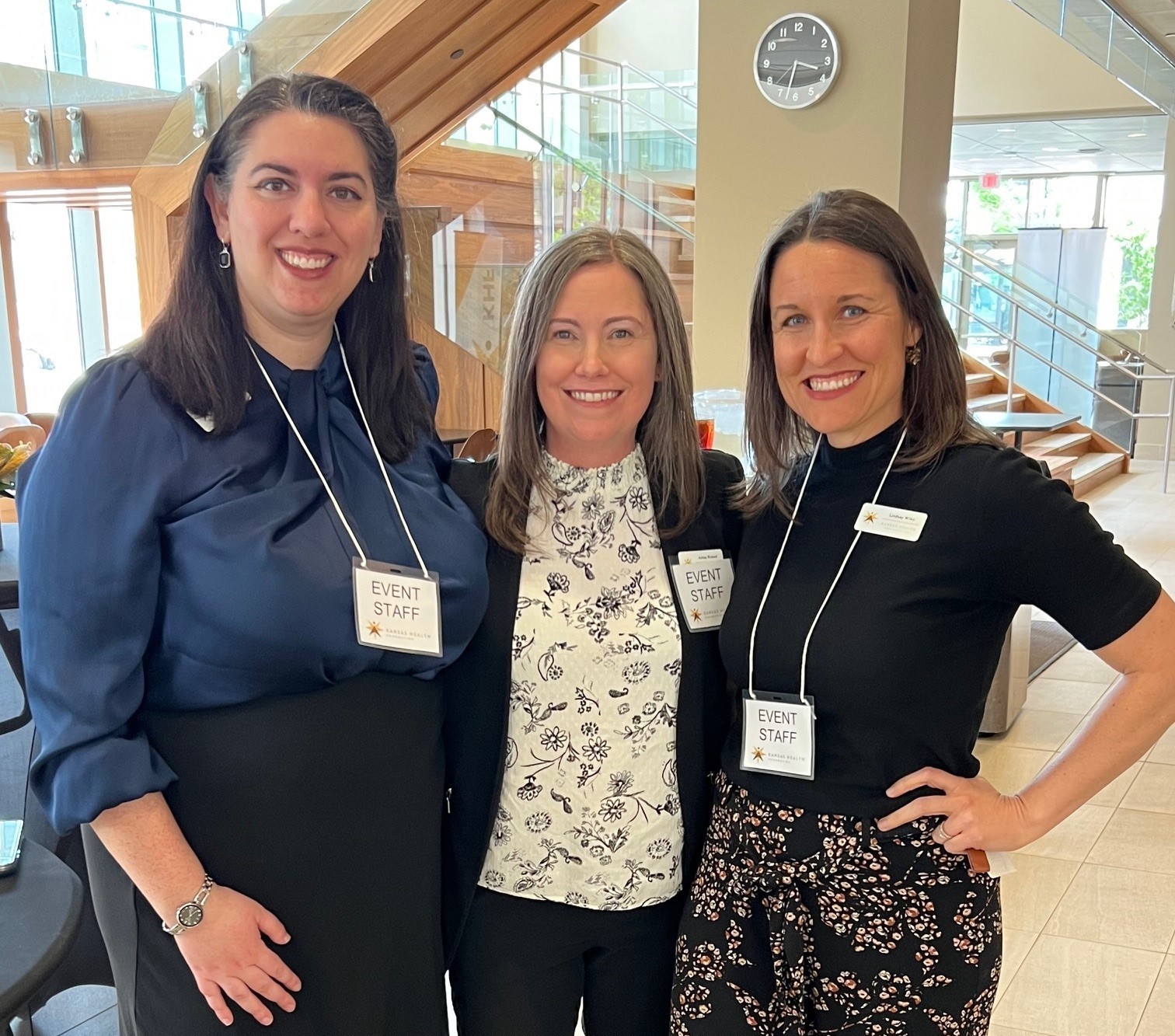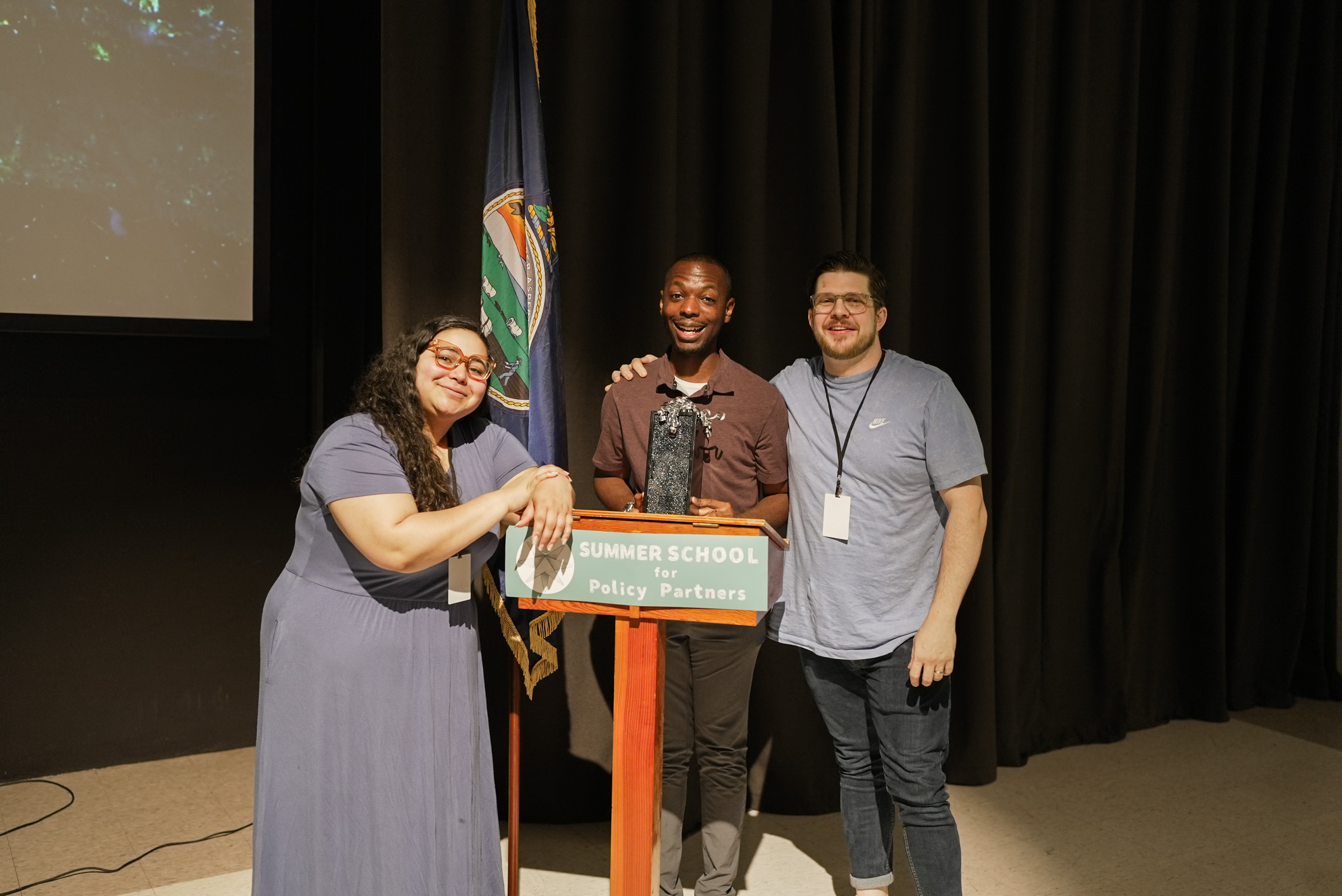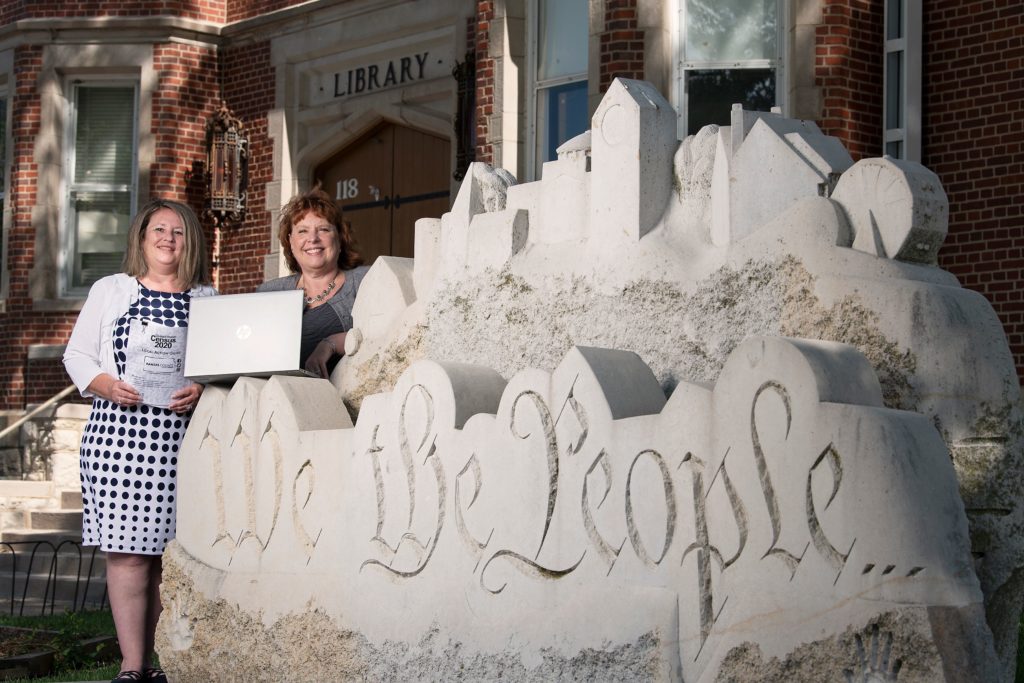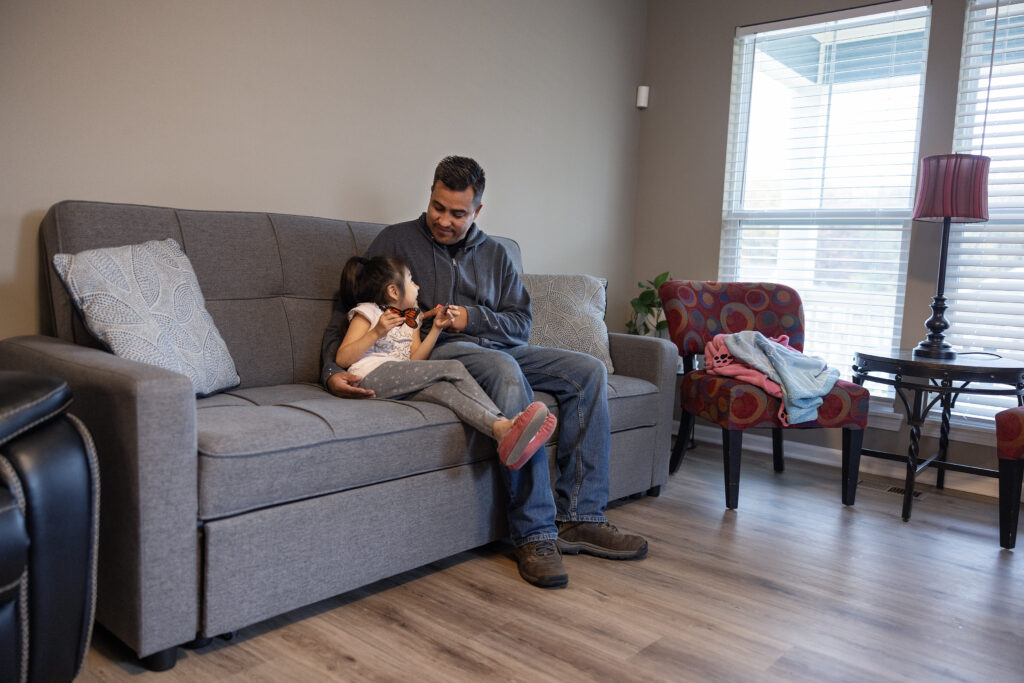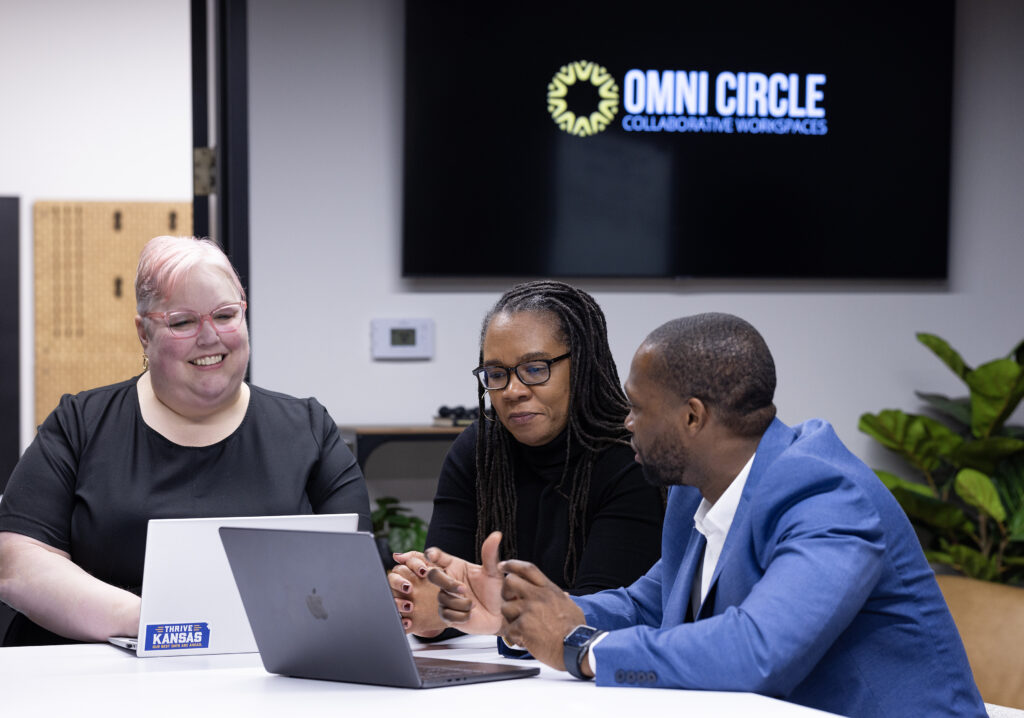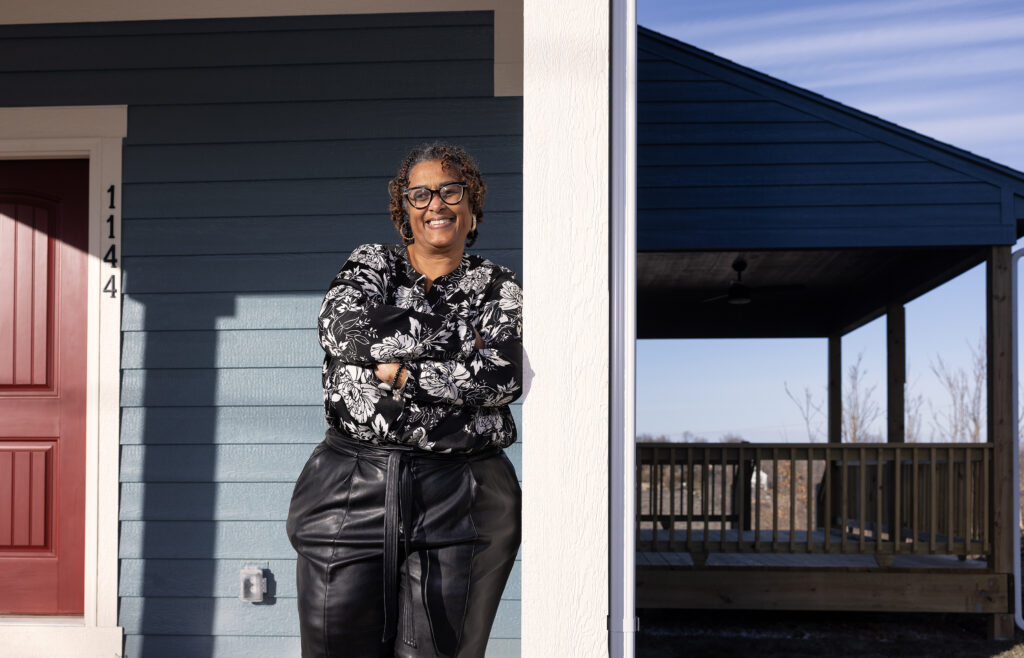The decennial census, which aims to count all people in the United States, will occur from mid-March through mid-August 2020, means a great deal to the future of Kansas and the health of our communities.
According to a study conducted by the George Washington Institute of Public Policy, Kansas received $6,054,507,586 in 2016 from the 55 largest federal spending programs which equates to approximately $2,082 per person. At the local level, if one home is missed a community could lose approximately $5,246.64 each year for a total of $52,466.40 over the next 10 years. A separate, June 2019 study by the Urban Institute indicates if the 2020 Census goes as planned by the U.S. Census Bureau, Kansas is expected to experience an undercount of -0.40 percent (11,700 residents) which could result in a loss of approximately $243,594,000 over the next 10 years.
“These federal funds are used for critical health programs, education and to build stronger communities,” said Steve Coen, Kansas Health Foundation (KHF) president and CEO. “It’s incredibly important that Kansas secures an accurate census count of all residents.”
Census data is used to plan for roads, schools, emergency services and community planning needs. This data also determines legislative and school boundaries, and how many elected officials Kansas has in the U.S. House of Representatives.
“While most people think of the financial cost of miscounts, one should also consider the potential cuts to community services,” said Wendi Stark, League of Kansas Municipalities census outreach manager. “At the League, we believe an accurate census count of residents in Kansas is important to the viability and sustainability of our communities.”
In the first quarter of 2019, KHF awarded the League approximately $500,000 for a statewide educational campaign on the importance of 2020 Census participation and the connection between population data and funding for Kansas resources.
The League will use this funding for research, education, campaign creation and implementation, campaign management and mini-grants to cities for localized campaign promotion, and training of city/county government officials.
As a membership association that advocates on behalf of cities across Kansas and offers training and guidance to city-appointed and elected officials, the League is best positioned to educate communities on the importance of the 2020 Census, Coen said.
Based on 2010 Census response rates, certain communities across the country have been designated “hard-to-count” (HTC) due to the percentage of population groups that are at risk of being undercounted.
Approximately 10 percent of the current Kansas population (284,680) lives in HTC neighborhoods. A large percentage of under-represented populations reside in such areas, including more than 80,000 Latinos, 54,000 African-Americans and 26,000 children under age 5, according to HTC 2020.
Forming local Complete Count Committees (CCCs) can help ensure a complete count in each Kansas community. A CCC is a volunteer committee comprised of trusted voices from the community to increase understanding about the 2020 Census and motivate residents, Stark said.
“CCCs create awareness in communities across the state of Kansas by utilizing local knowledge, influence, and resources to educate their citizens and promote the census through local-based, targeted outreach efforts,” she said.
Local libraries are great entities to partner with in this work.
Robin Newell, Kansas Library Association president-elect and Emporia Public Library director, said Kansas library staff can participate in, and partner with, local CCCs to plan and coordinate outreach efforts.
“Community service – especially access to information – is what we do,” Newell said. “The 2020 Census falls within our scope. Libraries are trusted by the public, we have the space, and we have the technology to make this process effective and efficient.”
In 2010 in Kansas City, Kan./Wyandotte County, 23 percent of households did not return the census questionnaire, which meant census workers had to go door-to-door to try and get an accurate count, said Gordon Criswell, assistant county administrator who co-chairs the CCC for the Unified Government of Wyandotte County and Kansas City, Kan.
The U.S. Census Bureau has fewer funds to conduct the 2020 Census, which means fewer people tracking down all known addresses. The census will be offered online, by phone, on paper or by responding to a census enumerator. Lack of reliable internet or broadband will make some communities harder to count.
Criswell said data shows that 55 percent of their community’s population is hard-to-count – including individuals who are renting, living in single-parent households, are homeless or have language barriers.
The Unified Government plans on reaching these individuals by targeting the hard-to-count areas through established neighborhood organizations, developing consistent messaging in the top spoken languages (there are 70 languages spoken in its largest public-school district) and holding “lunch and learn” events.
On the other side of the state, in Dodge City, hard-to-count areas focus on struggling neighborhoods and impoverished areas, which include groups of people who have language barriers and are new to the community.
Ernestor De La Rosa, assistant city manager for Dodge City, said Dodge City has already formed its CCC, which consists of community champions and leaders who have strong relationships with different community sectors. This group is currently being trained by the U.S. Census Bureau.
“We wanted to be intentional and include individuals who can represent a group of people that is hard to engage,” De La Rosa said. “Our committee also includes representatives from faith organizations, social services organizations, the school district and places where people of color/immigrants congregate.”
Dodge City’s population includes up to 70 percent Latino, immigrants and refugees from many different countries. There is also a large group of people who are undocumented or are in the process of obtaining legal status.
“Our challenge will be getting these groups to participate because many of them are fearful and distrust any form of government,” he added.
The Kansas population counted in 2020 will impact Congressional representation, funding and services for the next count.
“It is important that cities and counties participate in the 2020 Census,” Stark from the League of Kansas Municipalities said. “You are the trusted voices in your communities!”
###
If you’re interested in forming a Complete Count Committee in your area, or have questions about the 2020 Census, visit Kansas Counts or contact Wendi Stark, League of Kansas Municipalities census outreach manager, by email at census@lkm.org.

